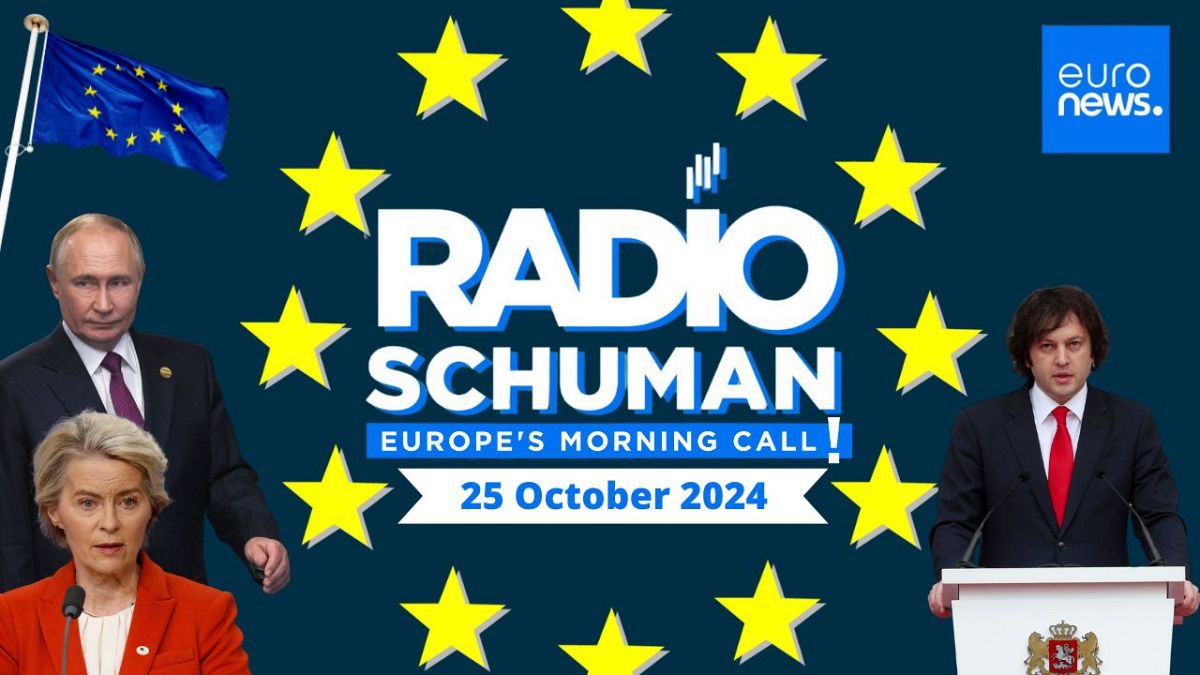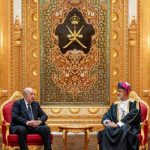Georgians are preparing to vote in parliamentary elections that will have a significant impact on the country’s future relationship with the EU and Russia. In an exclusive interview with Euronews, Prime Minister Irakli Kobakhidze expressed confidence in Georgia’s path towards EU membership and dismissed concerns about Russian influence. The upcoming election is seen as a crucial decision between maintaining peace or escalating tensions.
Georgia’s EU candidacy was temporarily put on hold after the government passed controversial laws that mirrored Russian legislation, sparking criticism from European leaders. The passage of laws restricting LGBTQ+ rights further highlighted the country’s internal divisions. President Salome Zourabichvili, a supporter of closer ties with Europe, refused to sign these bills, emphasizing the polarized nature of Georgian society. Pro-EU protests in the capital reflect the deep-rooted divisions within the country.
In addition to the Georgian elections, other European countries like Bulgaria and Lithuania are also preparing for important political contests. Socialist and center-right parties are leading the polls in these countries, indicating a broader trend across Europe. Furthermore, Radio Schuman covers the amusing aspect of European Commissioner designates’ job applications by highlighting some of the cringe-worthy lines submitted by the applicants. The show, hosted by Maïa de la Baume and produced by Eleonora Vasques, provides an insightful analysis of current political events in Europe.
The upcoming parliamentary elections in Georgia represent a crucial turning point for the country’s geopolitical orientation. Despite recent setbacks in its EU accession process, Georgian leaders remain optimistic about joining the European Union. The choice between further integration with the EU and potential alignment with Russia’s interests looms large over the electorate. The election is not just about selecting representatives but also about determining the strategic direction of the country in the coming years.
The controversial laws passed by the Georgian government, particularly those restricting LGBTQ+ rights, have raised concerns among European leaders and highlighted internal divisions within the country. President Salome Zourabichvili’s refusal to sign these bills underscores the ongoing struggle for a unified national identity. Protests in the capital and the wider societal polarization reflect the complex challenges facing Georgia as it navigates its path towards greater European integration.
In the broader European context, the upcoming elections in Bulgaria and Lithuania are also generating interest as socialist and center-right parties lead the polls. These political contests will shape the future direction of these countries and potentially impact the wider European Union. Radio Schuman’s coverage of European Commissioner designates’ job applications adds a lighter touch to the political discourse, showcasing some of the humorous moments in the bureaucratic process. With insightful analysis and engaging storytelling, Radio Schuman provides a comprehensive overview of current events in Europe.










